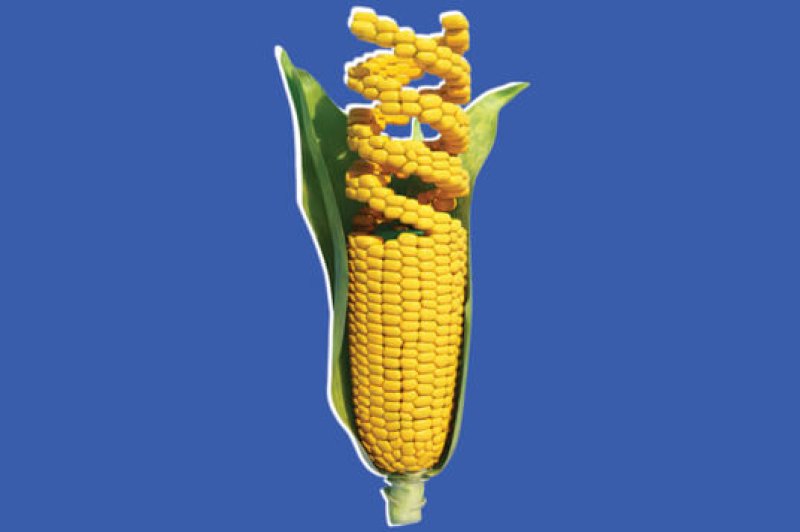Yezhang Ding, Alisa Huffaker, and Eric Schmelz of the University of California San Diego and their colleagues have developed a systematic and combined approach to identify genes in maize that will produce surprisingly diverse antibiotic cocktails that can be produced as defensive blends against numerous disease agents.
In the study, the UC San Diego biologists describe how they combined an array of scientific approaches to clearly identify six genes that encode enzymes responsible for the production of key maize antibiotics known to control disease resistance.
Maize plants without small molecule antibiotic defenses commonly suffer dramatic increases in fungal disease susceptibility. An evolutionary step was a comparatively recent gene duplication three million years ago from the hormone pathway responsible for plant growth called gibberellins. Two highly promiscuous oxidative enzymes termed cytochrome P450s were characterized to produce unique reactions different from known conifer pathways. The effort has leveraged more than 2,000 plant samples, each with 36,861 transcripts, spanning 300 different maize lines to systematically narrow candidates and define a maize pathway for antibiotics effective against fungal pathogens.
Read full, original article: Crop Biotech Update September 25, 2019































